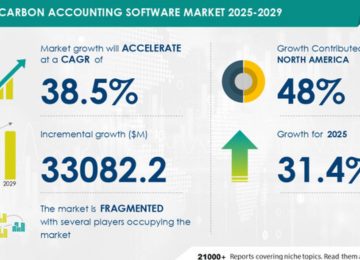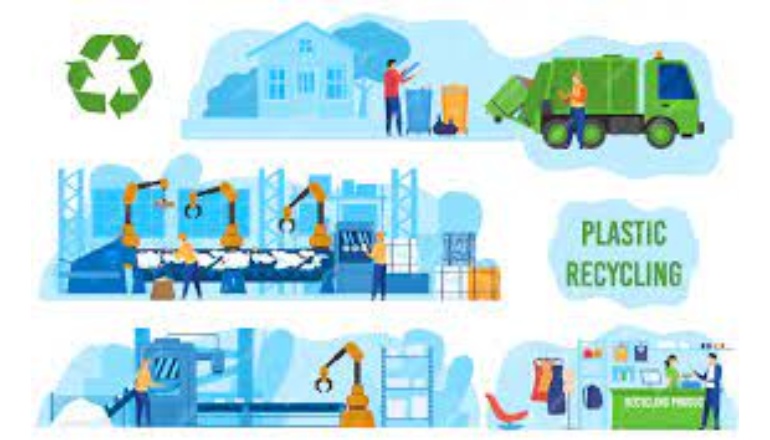A World Economic Forum (WEF) report has stated that the Middle East and North Africa (MENA) region will be able to achieve its sustainability targets with the help of the private sector acting actively and government policies providing strong support.
Private Sector Participation:
The MENA region must address sustainability pressures beyond environmental responsibility to remain competitive in the global marketplace amid the acceleration of climate change, WEF said.
The private sector must mobilize for sustainable business models, requiring a coordinated approach across the entire value chain, considering the region’s social and economic context.
According to WEF, sustainability is a crucial aspect of corporate strategy and global investment decisions, with over 90% of the global economy covered by net zero targets and increasing disclosure of climate-related information.
Global markets are urging companies to reduce their carbon footprint, and MENA’s private sector must be prepared to adapt. The European Union’s Carbon Border Adjustment Mechanism will impose a carbon tariff on non-EU products from 2026, potentially impacting Egypt, Algeria, the UAE, and Morocco due to significant export volumes.
As per the report, corporates in the MENA region can establish climate leadership standards by addressing significant material issues, promoting private-public collaboration, and promoting knowledge sharing.
Challenges:
The MENA region is grappling with severe consequences of climate change, including wildfires, heat waves, and flooding.
For example, Climate change effects in the region are intensifying, with extreme heatwaves in Iraq and Kuwait, wildfires in Algeria, and catastrophic flooding in Libya.
The region is under increasing pressure to accelerate its sustainability initiatives due to the growing advocacy of activists and global players for swift action on climate change.
The region faces increasing pressure to enhance its sustainability efforts, with global activists calling for a new accelerated era of climate action during the 2023 UN Climate Change Conference in Dubai. COP28 agreed to transition away from fossil fuels, including the UAE Consensus, to achieve net zero emissions by 2050, demonstrating the region’s vision for a sustainable energy future.
MENA companies seeking global financing or customer service should enhance their sustainability operations and sustainability reporting efforts to remain competitive in these global markets.
And yet, many companies struggle with global reporting due to complexity, lack of regional regulatory clarity, and financial constraints, despite having motivation.
As per the WEF report, business leaders argue that regulations are still developing and unclear, despite some regional governments launching significant sustainability policies, increasing the complexity of strategic planning and initiatives.
Government Support:
In this regard, MENA governments have the potential to lead in developing frameworks, and policies, and providing incentives to early adopters.
Their leadership is crucial in setting guidelines, and best practices, and promoting sustainable business practices across various sectors for significant results.
For instance, Saudi Arabia’s Vision 2030 and UAE Energy Strategy 2050 are ambitious national strategies focusing on renewable energy, waste management, and ecosystem conservation. Similarly, the Circular Economy Policy in UAE, Smart Green Projects in Egypt, and the Sustainability Champions program in Saudi Arabia demonstrate how cooperative efforts can transform the value chain.
Transitioning from conventional to creative solutions is crucial, and knowledge sharing is vital for resolving shared issues.
The collaborative model’s next phase will involve linking national initiatives across the region.
A unified regional approach to sustainability reporting standards can help companies understand reporting standards and establish sustainable climate action, aligning with global goals and MENA’s environmental stewardship and economic transformation.
Roadmap:
The World Economic Forum’s Leaders for a Sustainable MENA coalition plans to release research in November, offering a roadmap for businesses to navigate the complex sustainability landscape. The findings will also guide the creation of a regional reporting framework, promoting sustainable economic growth and innovation.












